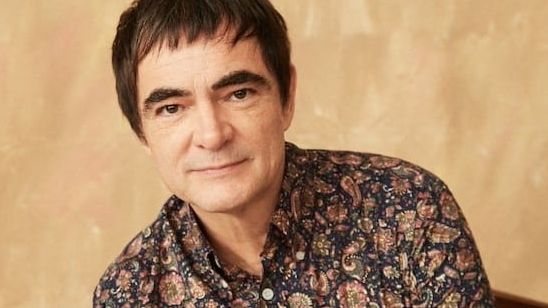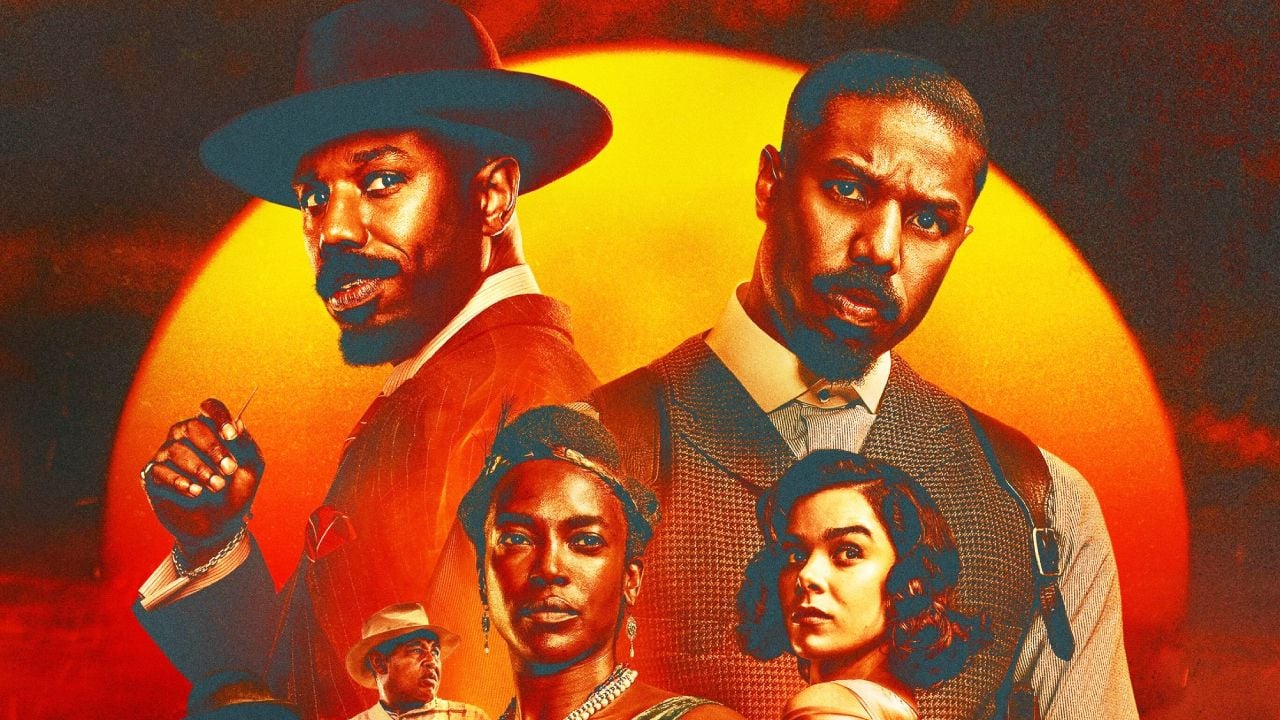Vocalist and guitarist highlighted that the now closed Skank had to circumvent the record company to not record an album with acoustic guitars
The 1990s saw the explosion of acoustic records in Brazilian music — a phenomenon also observed abroad, thanks to the MTV in both cases. To give you an idea, the best-selling live album in history was made with acoustic guitars: Unplugged (1992), recorded by Eric Clapton for the aforementioned broadcaster, with more than 25 million copies. In national territory, bands like Titans, Starting Capital and Kid Abelha They also reached the level of millions with their work in this format.
Interestingly, the Skank never released an unplugged album, although it experienced its peak of popularity between the 1990s and 2000s. In an interview with G1vocalist and guitarist Samuel Rosa defined albums of this type as “saphenous bypass grafts” — in reference to the procedure that aims to restore blood flow in the human body.
The subject was addressed after Rosa pointed out that her group, which ended in 2023, never suffered any serious interference from the record companies with which she worked. He acknowledged, on the other hand, that dealing with a big label “is always a negotiation”, but he still managed to avoid albums recorded entirely with acoustic guitars.
According to the transcription of Rolling Stone Brazilhe said:
“Releasing an album every 2 years was not a requirement from the record company, but in the 1990s until the mid-2000s we thought it would be good — even though we didn’t always rely on inspiration from the band. But I don’t remember it being a requirement. I remember when that wave of acoustics broke out, which we called ‘bypass’. When the band wasn’t doing very well, they ‘did a bypass of recording an acoustic album’ and, man, it exploded — even though we have, in history, very good acoustic albums.”
One of the interviewers, Braulio Lorentz, mentioned a curious theory of Dinho Ouro Preto: according to the lead singer of Capital Inicial, the acoustics served as the “seed” of the university country music that would explode in the following decades. Rosa emphasized that her colleague has the right to talk about the topic, given that, thanks to her unplugged album, “the band has returned to a size that it didn’t have in the 1980s”.
Then, the frontman revealed that the Chaosa subsidiary record company of Sony to which Skank was linked at the time, exerted “great pressure” to release an acoustic album after Maquinarama (2000). The group’s fifth studio effort brought songs such as “Ballad of Unshakable Love”, “Three Sides” and “He is”but did not repeat the success of its predecessors.
“I remember the great pressure from the record company to do an acoustic song after the Maquinaramawhich was not a ratings champion so to speak. It was a breakthrough album: Skank gave up metals, radio reggae, to enter something more of a song, with those sounds of keyboards and guitars. I started to explore guitars and music more Henry [Portugal]the keyboards. We started to refine the vocals a little more. It is one of the first Brazilian indie rock albums. With that change in sound, the record company was a bit on the back foot, as we had broken with the commercially winning format. They were a little scared: ‘since you released this more conceptual album, how about if we do an acoustic one now?’.”

Skank dribbles the record company
In the end, Skank found an alternative to not having to resort to the “bypass”. Samuel Rosa recalls:
“We made a ‘half concession’: we said that there’s no way to do a direct acoustic without doing a live one. Then they, a little reluctantly, said to do it live first. The practice at the time was for the band to launch with a studio album and the second to be live or acoustic, but Skank took five albums to make their first ‘project album’. The record company really wanted it to be acoustic and we said to do it live first. It was there that the Live in Ouro Pretorecorded at Praça Tiradentes in July 2001.”
Rosa also joked that her group continues to deceive the record company. The reason? Even after the live album, he didn’t record the acoustic one. And he concluded:
“Perhaps Skank is one of the only Brazilian pop rock bands that does not have acoustic music on its resume.”

Source: Rollingstone
Earl Johnson is a music writer at Gossipify, known for his in-depth analysis and unique perspective on the industry. A graduate of USC with a degree in Music, he brings years of experience and passion to his writing. He covers the latest releases and trends, always on the lookout for the next big thing in music.







